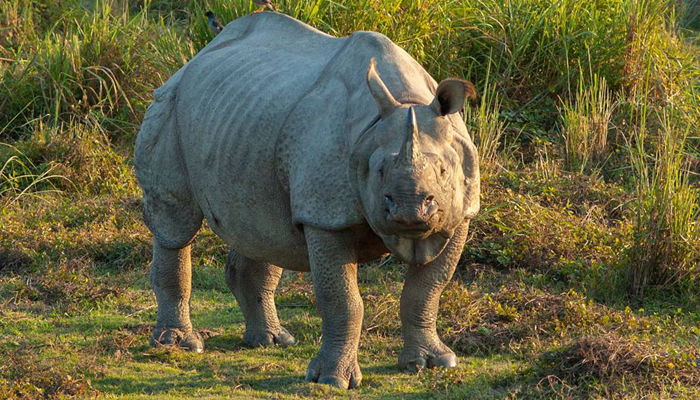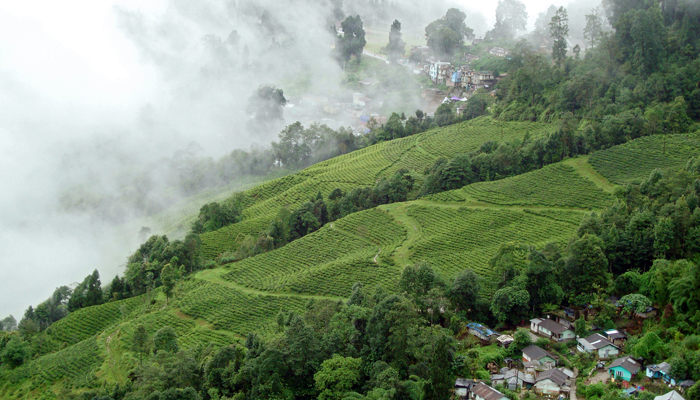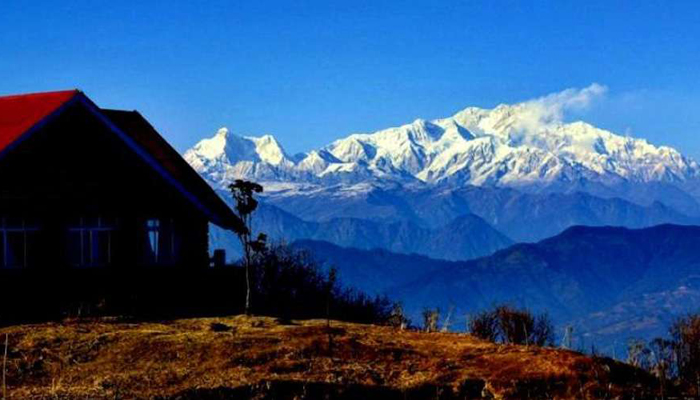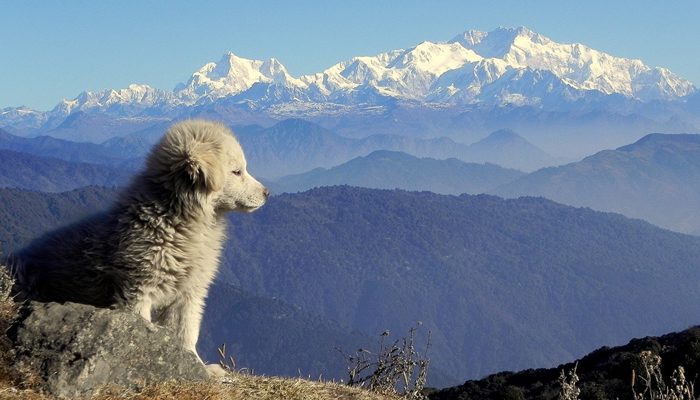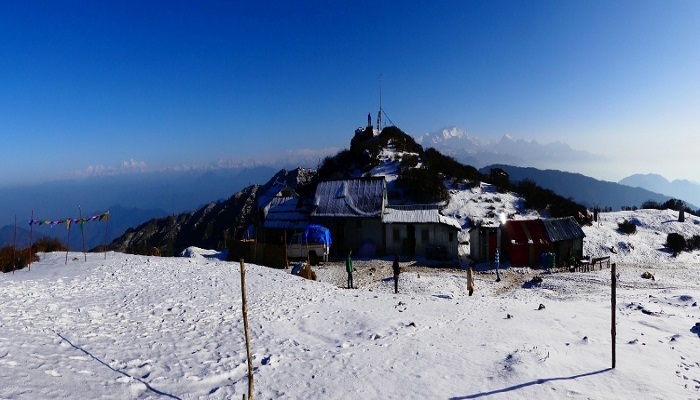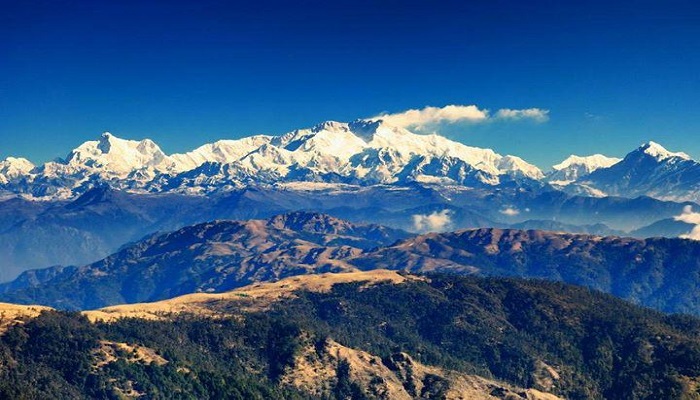Description
Gorumara-Charkhole-Darjeeling Itinerary: 5 Days/4 Nights
Day 1: Arrive New Mal/NJP Rly stn/Bagdogra Airport and transfer to Murti
In the afternoon spent at Murti river bed close to your resort..
Overnight in Murti.
Day 02: Take Jeep safari and transfer to Charkhole
Complete Gorumara Jungle Safari, return to the resort.
After Breakfast drive through tea gardens and hills of Eastern Himalaya to reach Charkhole. The place offers a complete 360-degree view of Mt. Kanchenjunga. The dense forest of towering pine, oak, fir. Cypress, the variety of rhododendrons, the sweet melody of rare birds.
Afternoon, walk through Charkhole village. View the sunset from hilltop. Enjoy the night view of Kalimpong and Siliguri from Here.
Overnight in Charkhole.
Day 3: Charkhole to Darjeeling
Early morning view the sunrise. After breakfast checkout for Darjeeling. Post lunch, roam around Mall road and adjacent places.
Overnight in Darjeeling.
Day 04: In Darjeeling
Full day sightseeing at Darjeeling: Full day Sightseeing at Darjeeling- start the sunrise tour to Tiger Hill at 4 am and on return visit Ghoom Monastery, Batasia loop.
After Breakfast, visit Darjeeling’s seven points sightseeing from 8.30 am to 12.30 am, includes-HMI,Himalayan Zoo, Tea Garden, and Tibetan Refugee Center. Return to Hotel, Lunch. Afternoon free.
Overnight in Darjeeling.
Day 5: Departure for onward journey
After breakfast, roam around Darjeeling Mall and checkout for the onward journey.
What You Should Know About Darjeeling
Darjeeling is a town and a municipality in the Indian state of West Bengal. It is located in the Lesser Himalayas at an elevation of 6,700 ft (2,042.2 m). It is noted for its tea industry, its views of Kanchenjunga, the world’s third-highest mountain, and the Darjeeling Himalayan Railway, a UNESCO World Heritage Site. Darjeeling is the headquarters of the Darjeeling District which has a partially autonomous status within the state of West Bengal. It is also a popular tourist destination in India. Nepali is the native language of Darjeeling.
The recorded history of the town starts from the early 19th century when the colonial administration under the British Raj set up a sanatorium and a military depot in the region. Subsequently, extensive tea plantations were established in the region and tea growers developed hybrids of black tea and created new fermentation techniques. The resultant distinctive Darjeeling tea is internationally recognized and ranks among the most popular black teas in the world. The Darjeeling Himalayan Railway connects the town with the plains and has some of the few steam locomotives still in service in India.
Darjeeling district has three wildlife sanctuaries: Jorepokhri, Mahananda, and Senchal. The varied culture of the town reflects its diverse demographic milieu comprising indigenous Bengali, Nepali, Lepcha, Bhutia, Tibetan, and other mainland Indian ethnolinguistic groups.
Update February 2017: Kalimpong which was earlier a subdivision of Darjeeling district has become a separate district of West Bengal effective 14th Feb 2017 with an area of 1,056 square kilometers of its own. It is no longer a subdivision of the Darjeeling district. But that makes no difference to the tourists. In fact, Darjeeling, Kalimpong, Kurseong, and various parts of Sikkim including Gangtok have been loved tourist destinations for ages and several of them can be combined on a single trip.

